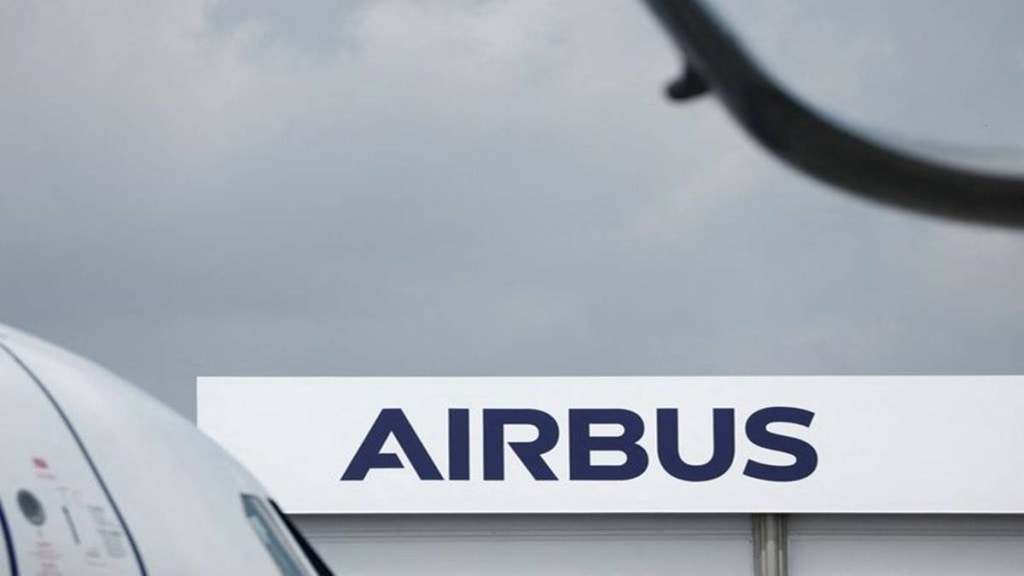Airbus, often hailed as an aerospace giant, has faced its fair share of setbacks over the years, and its latest hydrogen project may not be the breakthrough it’s being painted as. While Airbus has shifted its focus from failed rocket ventures to hydrogen-powered aircraft, it’s worth asking: is this pivot truly revolutionary, or just another overhyped attempt to stay relevant in an industry moving faster than Airbus can keep up?
Let’s not forget, Airbus’ ambitions in rocket space fell flat, particularly when it tried to compete with heavyweights like SpaceX and Blue Origin. The company’s rocket program, aimed at conquering the space industry, was a glaring disappointment—Airbus simply couldn’t meet the technological advancements and competitive pace that Elon Musk’s SpaceX or Jeff Bezos’ Blue Origin set. Despite that failure, Airbus is now trying to redeem itself by turning to hydrogen aircraft, boasting a clean, zero-emission future by 2035.
But is hydrogen really the magic bullet Airbus claims it to be?
Airbus has presented four hydrogen-powered aircraft designs, three of which use hybrid engines with hydrogen combustion and a fourth featuring hydrogen fuel cells. While this sounds promising, the reality is far more complicated. Hydrogen technology, though eco-friendly, comes with immense logistical challenges. Hydrogen is difficult to store, expensive to produce, and lacks the infrastructure needed to fuel an entire fleet of aircraft. And let’s not ignore the fact that Airbus is banking on a technology that is still years, if not decades, from being commercially viable on a large scale.
The so-called success of Airbus’ hydrogen fuel cell test in 2023, which generated 1.2 megawatts of power, is being touted as a game-changer. However, it’s important to note that this test was merely a first step. There is still an tough path ahead before these systems are integrated into actual flight operations. Testing on the A380 platform is scheduled for 2026—years away from any real commercial use. In an industry where speed and innovation are key, can Airbus afford to take such a slow, cautious approach?
Moreover, Airbus’ shift from rockets to hydrogen may signal more desperation than innovation. The company has been lagging behind its competitors in aerospace and seems to be scrambling to stay in the green tech race. While hydrogen may be the future for clean aviation, Airbus’ track record in innovation raises doubts about whether they are the ones to lead this transformation. Their recent history of failure in the rocket sector certainly doesn’t inspire confidence.
As Airbus moves forward with its ZeroE project, it must contend with enormous technological, financial, and infrastructure hurdles—hurdles that could delay or derail its plans altogether. The ambitious goal of zero emissions by 2035 may just end up as another PR move rather than a substantive breakthrough.
So, while Airbus hypes its hydrogen-powered future, the reality may be far less impressive. Could this be another project destined for the scrapyard, much like its rocket program? Only time will tell, but the challenges facing Airbus’ hydrogen ambitions make it hard to be overly optimistic.

